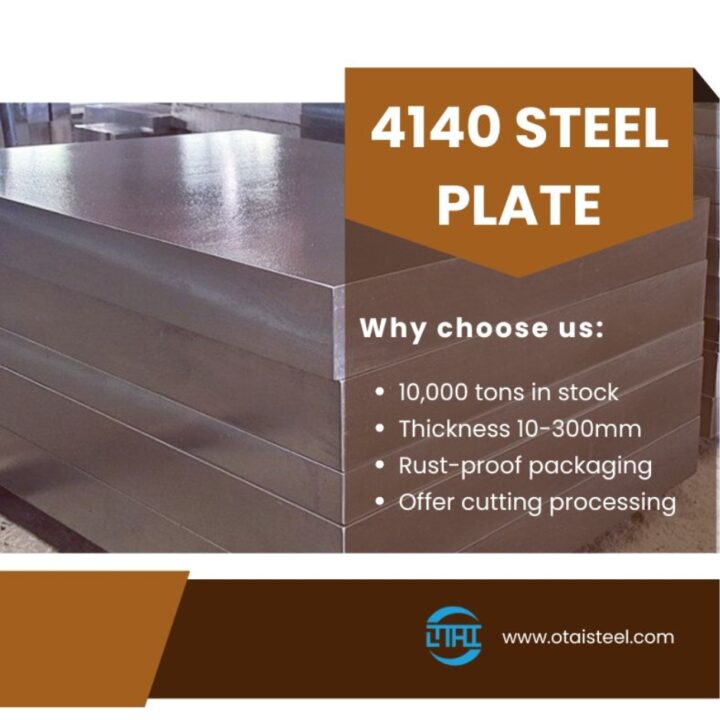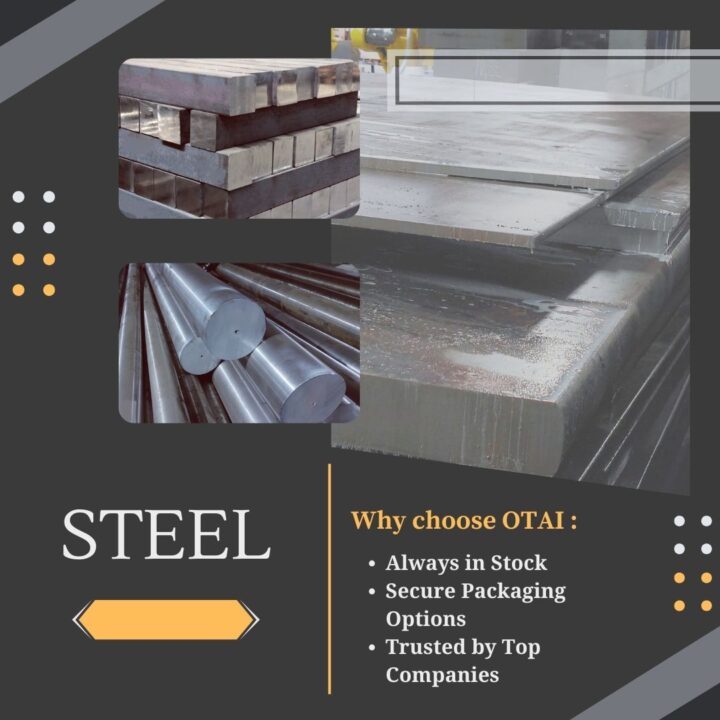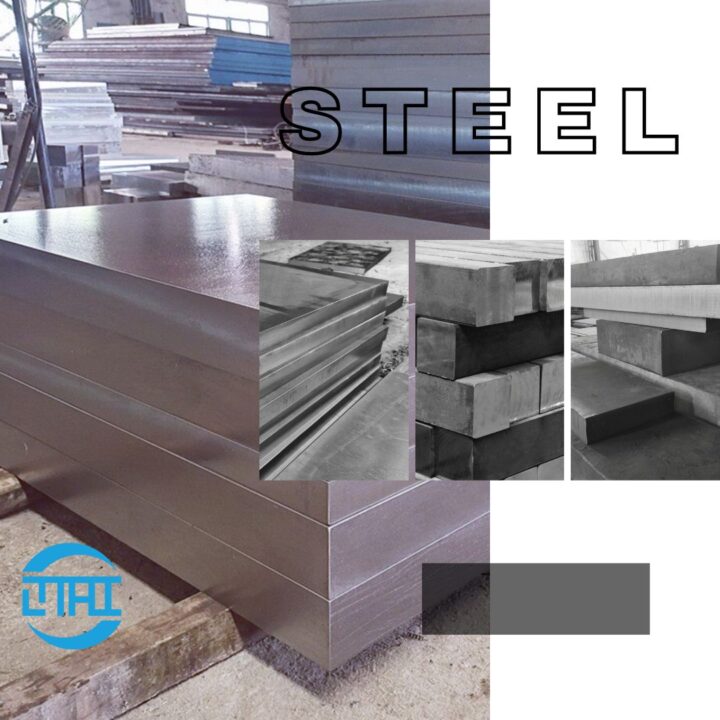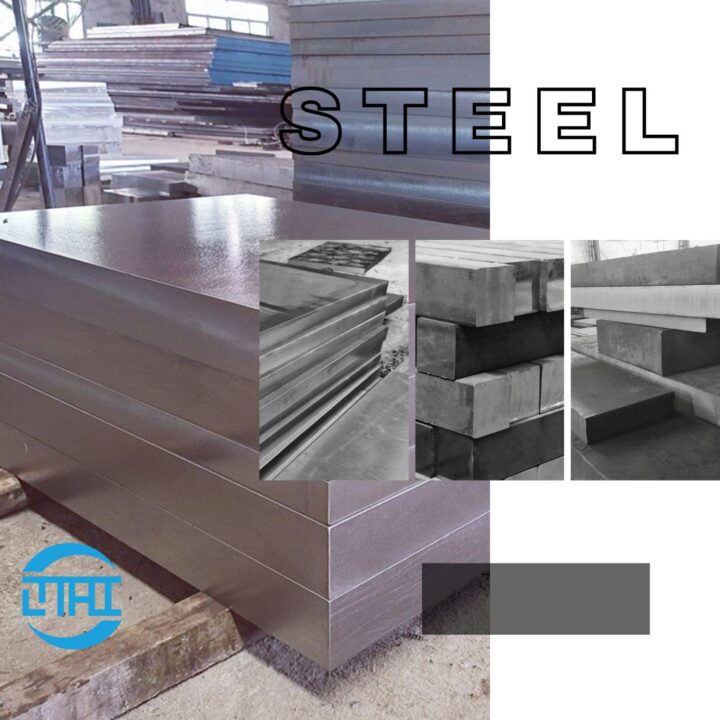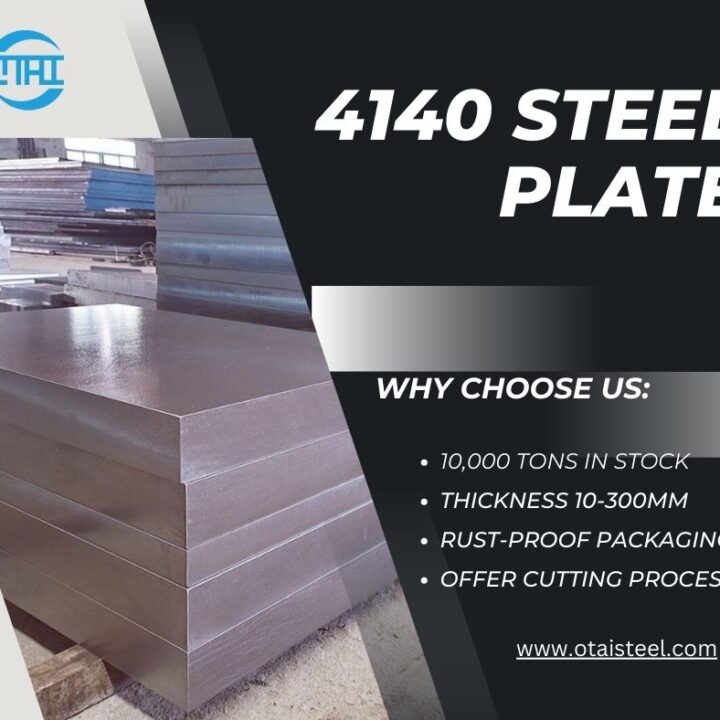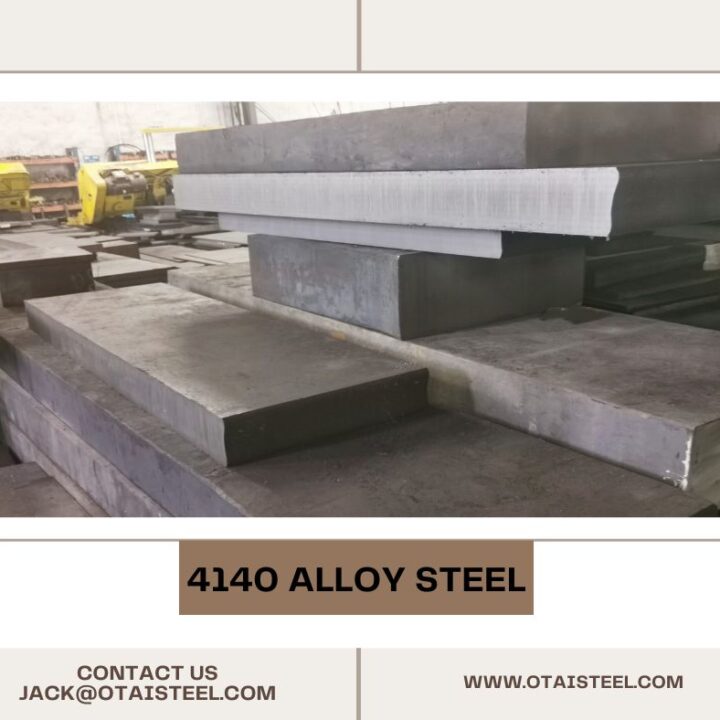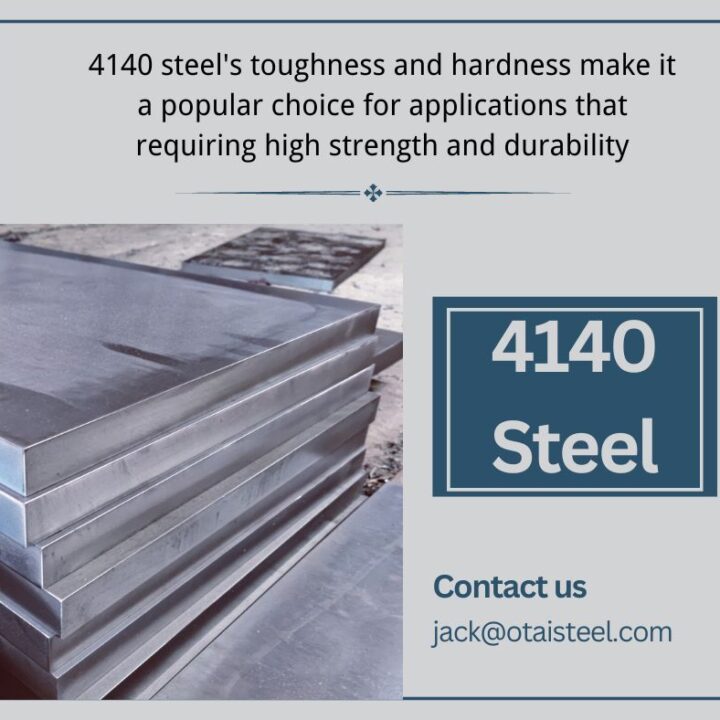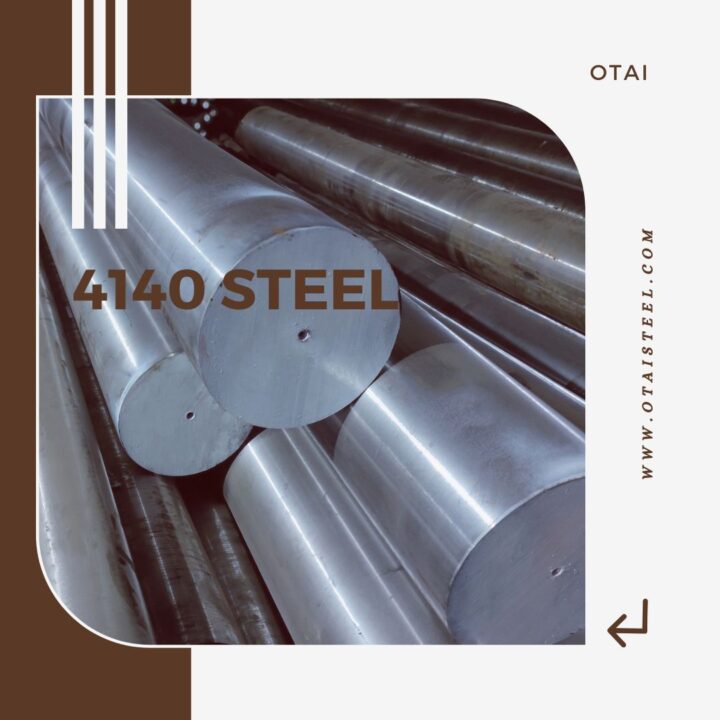4140 steel is a low-alloy steel that contains chromium, molybdenum, and carbon. It is known for its excellent strength, toughness, and hardenability, making it suitable for a wide range of applications. In the construction industry, 4140 steel has the potential to serve as a viable alternative to traditional construction materials due to its unique properties.
Potential for 4140 steel in Construction
- Strength and Durability
One of the key advantages of 4140 steel is its exceptional strength and durability. It offers a high tensile strength and excellent resistance to wear, impact, and fatigue. This makes it suitable for structural applications where strength and reliability are critical.
- Versatility
4140 steel is a versatile material that can be fabricated into various shapes and forms, including beams, plates, tubes, and rods. It can be easily welded and machined, allowing for flexibility in design and construction.
- Corrosion Resistance
With the appropriate surface treatment and coatings, 4140 steel exhibits good corrosion resistance. This property ensures longevity and reduces maintenance requirements, making it suitable for construction projects in corrosive environments.
- Cost-Effectiveness
While 4140 steel may have a higher initial cost compared to some traditional construction materials, its long-term cost-effectiveness comes from its durability, reduced maintenance needs, and extended service life. These factors contribute to overall project savings and lower lifecycle costs.
Structural Applications
4140 steel has the potential to replace traditional materials in various structural applications, including:
- Building frames and columns: The high strength and durability of 4140 steel make it suitable for supporting heavy loads in tall buildings and structures.
- Bridges and infrastructure: 4140 steel can be used in bridge construction and infrastructure projects, providing strength, resilience, and corrosion resistance.
Infrastructure Applications
The versatility and durability of 4140 steel make it suitable for various infrastructure applications, such as:
- Road barriers and guardrails: 4140 steel can withstand impact and provide enhanced safety in transportation infrastructure.
- Transmission towers: The high strength and corrosion resistance of 4140 steel make it an ideal material for transmission towers, ensuring stability and reliability.
Sustainability and Cost Considerations
The use of 4140 steel in construction offers sustainability benefits, including:
- Reduced environmental impact: 4140 steel is recyclable, contributing to the circular economy and reducing the need for new raw materials.
- Energy efficiency: The strength and lightweight nature of 4140 steel contribute to energy-efficient construction, reducing the overall carbon footprint.
- Extended service life: The durability and corrosion resistance of 4140 steel result in longer-lasting structures, reducing the need for frequent replacements and associated environmental impacts.
While the initial cost of 4140 steel may be higher than traditional materials, its long-term benefits, such as reduced maintenance and extended service life, can offset the initial investment. (Potential for 4140 steel)
